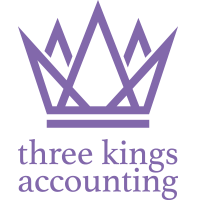The deadline for submitting a Self Assessment Tax Return on paper for the year to 5 April 2014 was 31 October 2014.
If you met this deadline but have now realised you made a mistake within the return – don’t worry you can correct this.
The normal rule is you can amend a tax return at any time up to 31 January 2016. This is because the taxpayer has the right to amend his or her return as long as this is within 12 months of the statutory filing date deadline. For tax returns for the year 2013/14, this is 31 January 2015, so you have until 31 January 2016 to put things right. The amendment may be in the form of a letter or an amended tax return.
If you haven’t yet filed your tax return for 2013/14, you should now file it online before 31 January 2015. And if you haven’t even registered to do this, do make sure you leave enough time to set it up and for your activation code to arrive from HMRC. This could take a week or two, so don’t leave it until the last minute in January.


